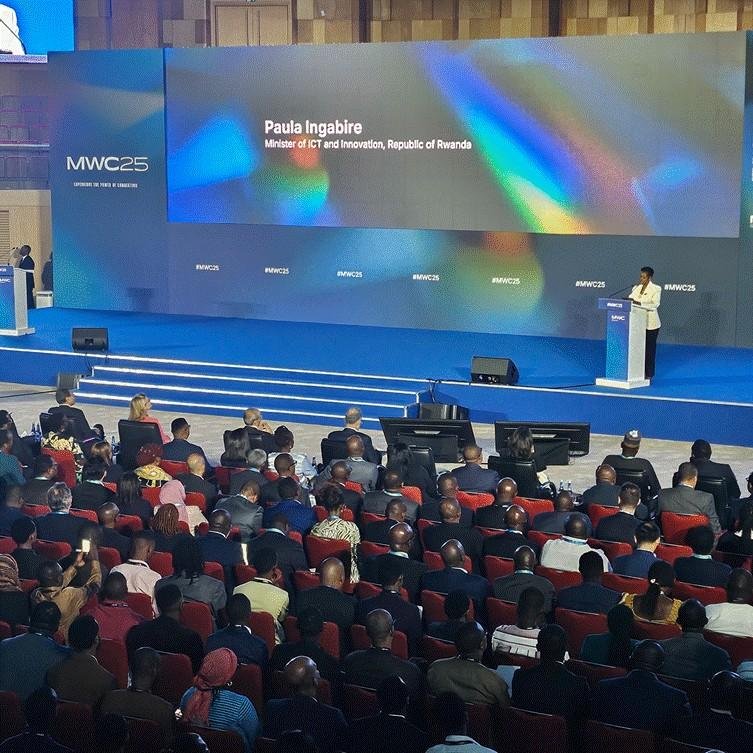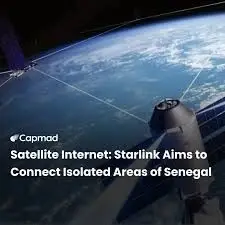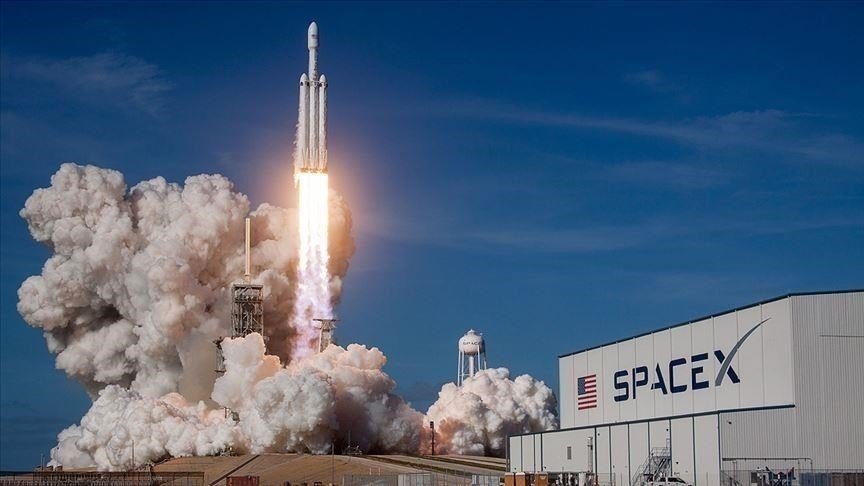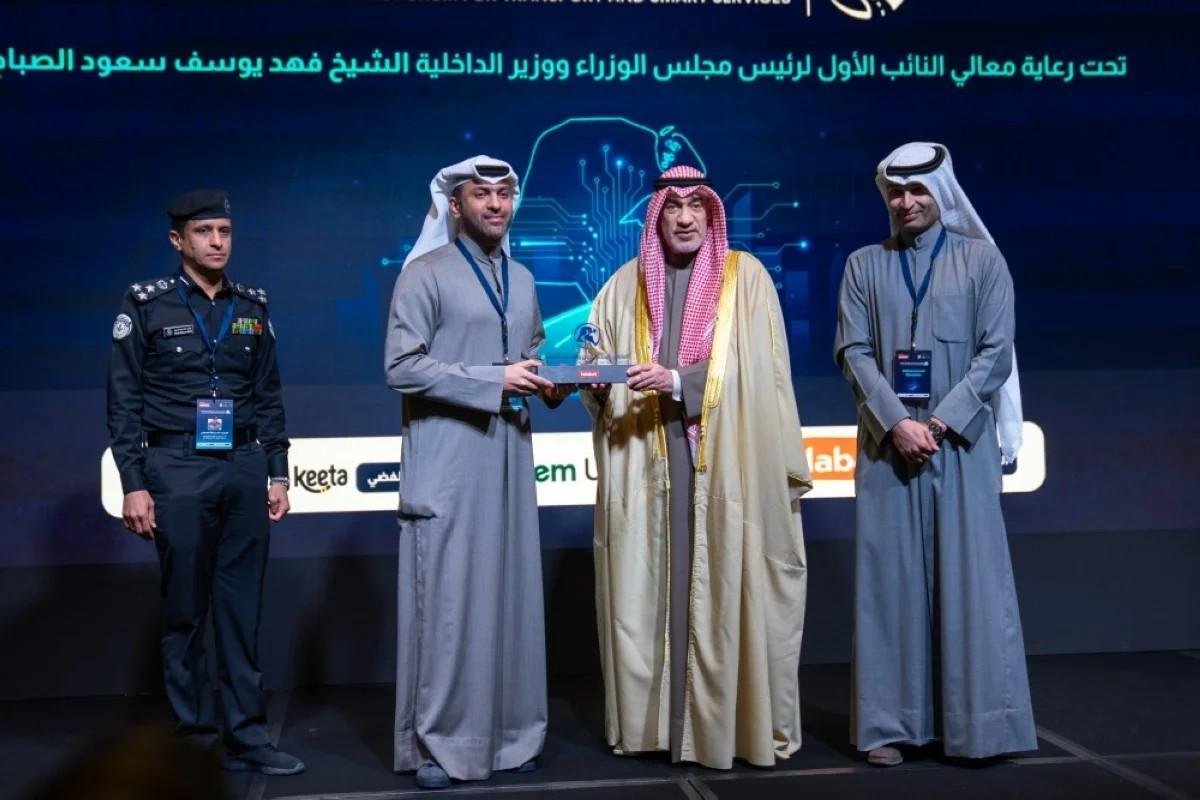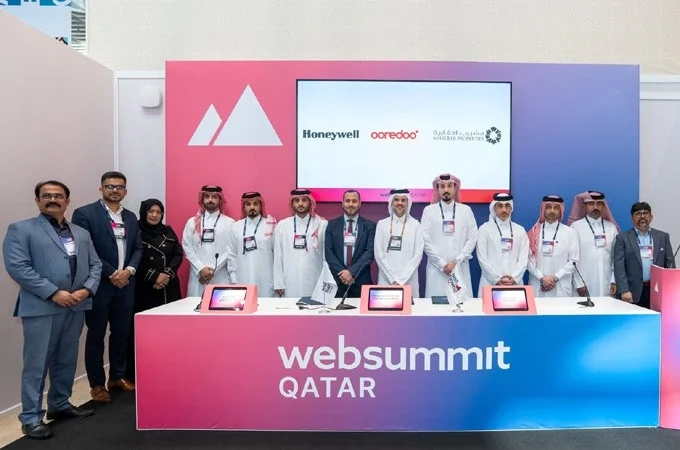The Mobile World Congress Africa (MWC) 2025, held in Kigali from October 21–23, showcased Africa’s growing digital strength — driven by telecom innovation, AI, and local talent. Organized by the GSMA, the event brought together industry leaders, policymakers, and innovators shaping Africa’s digital future.
Telecom as a Growth Engine
The mobile industry remains a cornerstone of Africa’s economy, contributing 8% of Sub-Saharan Africa’s GDP (USD 140 billion in 2023) and supporting 4 million jobs. By 2030, that figure could double to USD 280 billion, provided the right policies and infrastructure are in place.
“At the heart of this transformation lies the power of mobile,” said Vivek Badrinath, CEO of GSMA, commending Rwanda’s President Paul Kagame for his forward-looking digital policies.
Rwanda: A Case Study in Digital Transformation
Rwanda’s digital leap continues to impress. The country now boasts 99% mobile coverage, 13 million active connections, and a fivefold increase in 4G users over two years. “We must create solutions designed in Africa, built for Africa, and ready for the world,” said Paula Ingabire, Rwanda’s Minister of ICT.
Persistent Gaps and the Need for Inclusion
Despite progress, digital inequality remains a challenge. PwC’s Mourad Mnif noted that while 4G coverage reaches 65% of the region, only 23% of people use it — a gap caused by high smartphone costs, low digital literacy, and regulatory barriers. Experts called for tax reductions, infrastructure sharing, and local capacity building to ensure mobile access benefits all.
A Call for Fair Competition
Yasser Shaker, CEO of Orange Middle East and Africa, stressed the need for a level playing field, noting that telecom operators now compete not just with each other but with fintechs, OTT platforms, and satellite providers. “We need fair competition to keep investing,” he said.
Africa’s AI Awakening
One of the most exciting developments at MWC Kigali was the launch of a pan-African AI language initiative, backed by GSMA and leading operators including MTN, Orange, Vodacom, Ethio Telecom, and partners such as Masakhane African Languages Hub and Lelapa AI.
“Africa’s linguistic and cultural diversity is a strength, not a barrier,” said Angela Wamola, Head of GSMA Africa. The initiative aims to build sovereign AI language models through collaboration across data, computing power, talent, and policy.
Ethio Telecom: From Telco to Techco
Ethio Telecom exemplified Africa’s shift toward integrated digital ecosystems. Its Telebirr platform now serves 50 million users, supporting mobile payments, SME digitization, and rural inclusion. The company’s “Nexus” smartphone initiative aims to democratize device access, while investments in data centers and cloud services are transforming it into a full-fledged tech enabler.
Engineering Independence and Local Innovation
Lou Major, Director of ANSYS Rwanda, emphasized building African engineering capacity to ensure technological sovereignty. Through partnerships with universities and regional operators, ANSYS Rwanda trains engineers in telecom networks, applied AI, and cybersecurity. “Africa must master the full value chain — from design to maintenance — to secure its digital independence,” he said.
The Road Ahead: Mobile + AI as Africa’s Twin Engines
As MWC Kigali 2025 concluded, one theme stood out: mobile and AI are now the twin engines of Africa’s future. To realize their full potential, Africa must invest decisively in its people, data, and languages — shifting from being connected consumers to becoming digital creators and innovators.











